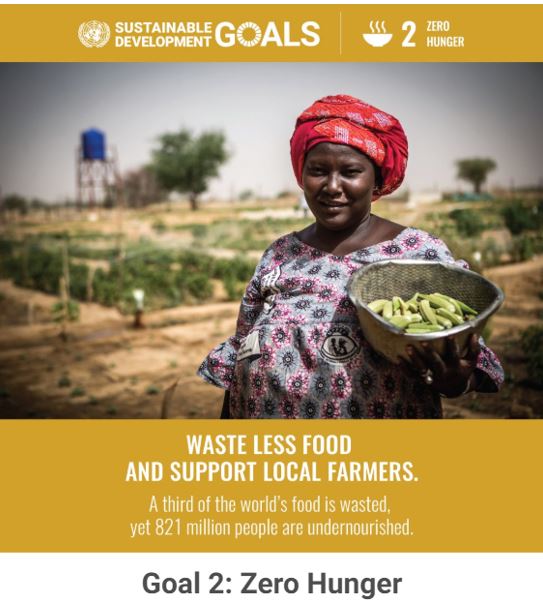What next in unretirement? Could the answer be… in your own company?!
20 February 2020 By Victoria Tomlinson

I had an interesting session with a director of a global corporate the other day. When we were exploring what she might do next, I asked her various questions including, ‘Are you interested in helping women into leadership positions?’
She paused and said, “I have never thought about this. But I could be. I like coaching and mentoring my own team and actually have helped people beyond my team”.
I confess I was surprised that any senior woman had not thought about what we need to do to get more women in leadership roles. But then again – she is an engineer in a real giant of an industrial conglomerate and her focus has always been on getting products to market safely. The issue has not been on her radar.
We agreed various areas for her to start exploring (see our 7-step process to fill a blank sheet) – including finding out who in this vast business is tasked with gender balance and diversity.
And all this got me thinking. What a great place to start when you are trying to think what next? Why not investigate all the initiatives that your organisation is involved in and see if one of them lights your fire. Could you get involved before you leave and build new networks for when you leave?

When you think of the sorts of things professional firms and corporates are doing these days, there is a wealth of opportunities. These are just some of the examples I have found
- Targets to become carbon neutral
- Targets to increase the number of women and ethnic representation in senior positions, STEM careers etc
- School programmes; STEM initiatives; careers; enterprise; sport; mentoring and more
- Social mobility – recruiting from wider pools, building relationships with young people from diverse communities in schools
- Pro bono advice – particularly professionals on law, accountancy
- Scale-up programmes for entrepreneurs
- Working with universities – research, lectures, partnerships
- Working with and supporting communities
- Global health, water and nutrition programmes
- Responsible business
- UN Global Sustainable Goals 2030

Where would you start with any of these?
- First go and find the person heading up the initiative. This is usually a good exercise because you are learning to network beyond your usual contacts – but in your own organisation! It can be as hard or harder than in the ‘outside world’
- Find out the challenges they are facing – of course budgets will nearly always feature, but often it is the time to research, build relationships, understand issues, get things going. Listen – and think about how you could help. And do you want to?
- Let’s suppose you are passionate about climate change and the environment. Your organisation has set carbon neutral targets for 2040. Is your organisation a leader in this field – or just starting out? Either way, how about seeing if you could set up or join a working group and offer to talk to other, non-competing organisations to learn from and share how you are going to tackle this?
- Or if you are looking at helping women into leadership, perhaps you could mentor people – men and women; take on research to understand the issues in your organisation; talk to other organisations to see what they are doing that could be useful to yours
- Then suggest a formal plan to help and support on this
- Once you decide that you are interested in this and would like to do more long term, then start building your brand in this area. LinkedIn is a really easy way to do that – post interesting articles; tag in people in your working group from other organisations; share successes; ask questions and ask for help. See our tips here on using LinkedIn. You will be surprised how quickly people associate with you a particular topic/area of expertise
- Then start thinking about how this interest, focus and new contacts could be relevant once you ‘retire’. Think about using this new branding long term. Do you want to continue helping your company pro bono? Is there a role for you that might even be paid – probably not a typical ‘day rate’ but maybe a small project fee? Is there some kind of consultancy you could start? Do you want to help a charity in this field – even start a charity to fill a gap? Could this be an angle to give you a distinctive edge in finding a NED or trustee role? Maybe you have formed links with a university – where could that lead?
This may all seem impossible or daunting when you are working 24/7. But it’s worth reading what your peers say in our reality check of retirement – this is a time to start putting yourself first. Some say you need to be selfish, even if your instinct is to put clients/team and colleagues first.
And while I have talked about large corporates here, the principles apply to senior people, whatever the size of your organisation. Challenges should be a win:win for both of you.
The one thing you have when you are aged 50+ and have some kind of seniority, is you will have credibility and contacts to make things happen. That is an enormous asset to your own organisation and others.
What most people want from this next stage of their lives (I am trying to avoid that word retirement!) is to find purpose, build new relationships and feel relevant and useful. For some, they need to continue earning money, for others they might like to, but it is not a priority. And for many, they want to give back. Most want to do this on their terms – combining with exercise, leisure and family.
Researching the issues on your doorstep and thinking about how you can help, could be a way to do all this – and give you that ‘life on your terms’.


